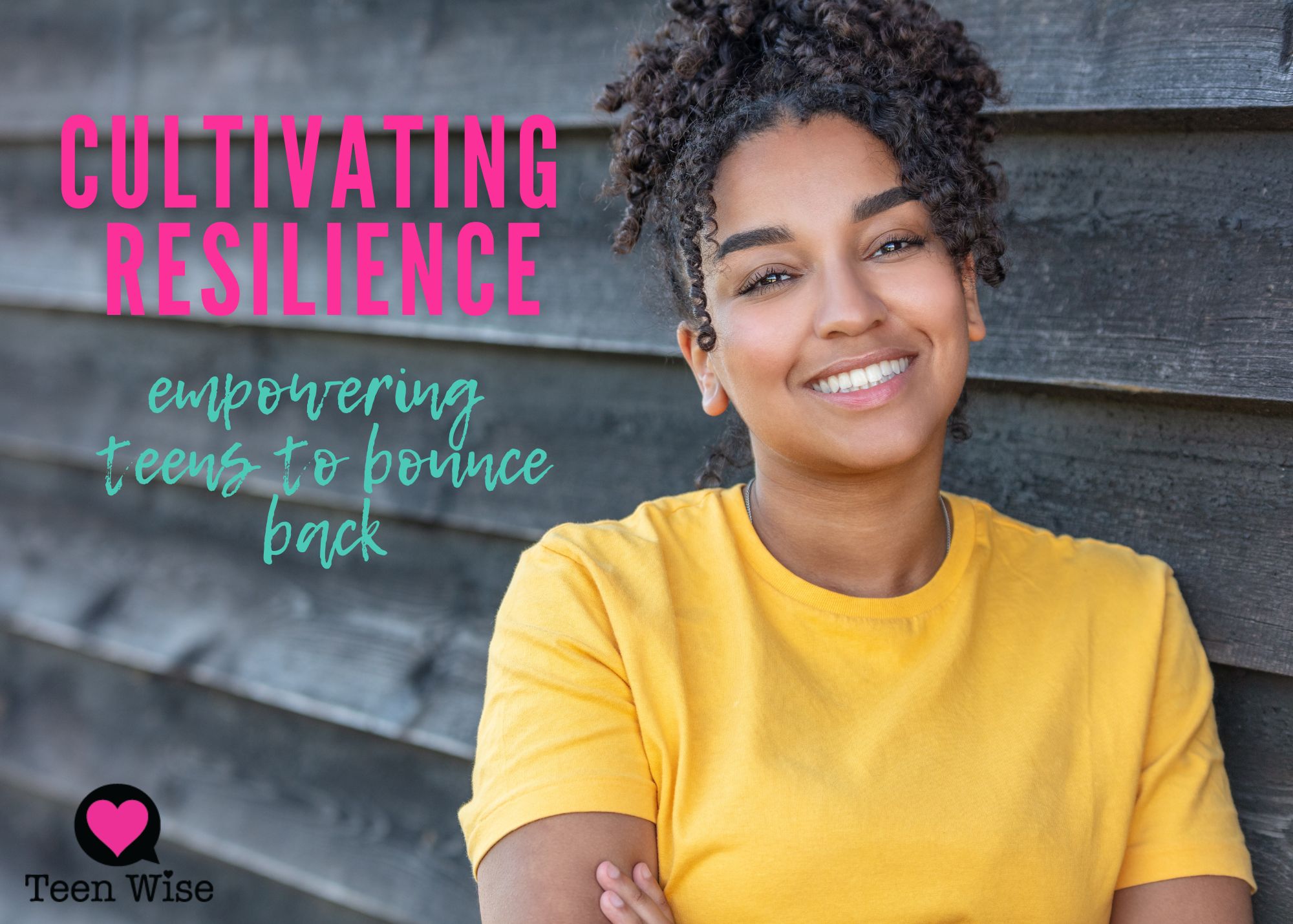[Vineel Bhat is a freshman at Eastlake High School. He’s running a 10-week virtual investing course for teens.]
America has the second highest median income per adult, but ranks 21st in median wealth per adult. Why is this? Adults are spending all their savings and are unaware of the importance of investing. 78% of Americans live paycheck to paycheck and 70% of Americans struggle financially. Learning to set aside money and invest it at an early age is crucial to building wealth, retiring early, and being financially stable in the future.
Starting to invest even a bit earlier makes a significant difference. In the chart below, $10,000 is invested into the top 500 US companies at different ages. Starting 10 years later results in more than a million dollar difference at the age of 60, while starting 25 years later results in an almost 2 million dollar difference at the age of 60.

That being said, how can your teen start investing, and how do you invest?
You must be a legal adult (18 years of age) to be eligible for a brokerage account through which you can make investments. However, your teens can still invest now if you set up a custodial brokerage account for them. It will be in your name at first, but your teen will gain full control after reaching the age of 18.
Investing is the allocation of money with the expectation of generating a profit. There are a variety of things you can allocate money to, such as stocks, bonds, funds, commodities, and real estate. Don’t be scared by these fancy words!
They are actually very simple when you get into their meaning. Below is a brief explanation of these common investments, along with some pros and cons.
Stocks:
When you invest in stocks, you are purchasing part of a business. When the business grows, your part becomes more valuable, and you can sell it for a profit.
Pros:
• Businesses grow fast and you can make a lot of money
Cons:
• Companies can go bankrupt and your investment will go to 0
Bonds:
When you invest in bonds, you are lending money to an entity. This entity could be a federal government, local government, or a company. The borrower pays your money back over a period of time along with additional money known as interest. You pocket the interest and make a profit.
Pros:
• You know exactly how much profit you will make
Cons:
• “Interest” is usually low and you won’t make much money
Funds:
When you invest in a fund, you are purchasing a part of a group of businesses. When the group of businesses grows, your part becomes more valuable, and you can sell it for a profit.
Pros:
• If one business goes bankrupt, you still have many more to keep you afloat
Cons:
• Investing in funds comes with additional fees
Commodities:
When you invest in commodities, you are purchasing basic goods such as wheat, oil, or gold. When the good increases in demand, your investment becomes more valuable, and you can sell it for a profit.
Pros:
• There is only so much of goods like oil on earth
Cons:
• You need to storage for your goods, which can be expensive
Real estate:
When you invest in real estate, you are purchasing land & property, which sometimes produces income. Real estate naturally appreciates because as population increases, there is an increased need for land, making existing land more valuable. You can sell your property in the future for a profit, or make income through renting.
Pros:
• Renting your property can give you steady income
Cons:
• You’ll need to maintain your real estate and pay property tax on it
Of course, these are only the very basics for each of these investments. Investing is a broad topic, and there are many tactics and strategies one can employ to increase profits and reduce risk. There are also other ways to make money other than selling your investment at a higher price, but they are out of the scope of this post.
I encourage your teens to further explore the investing world, educate themselves on this subject, and eventually make their first investment! At the end of this post you can find helpful investing courses your teen can take to educate themselves.
Vineel Bhat
Founder & CEO
Invessential – Investing for Teens
Register for Invessential’s investing course for beginners and teens:
What: 10-week virtual summer investing course
Where: Online
When: Starts last full week of June and ends last full week of August
Day/Time: Depends on the course you choose
Cost: $50 ($5 per class)
*Registering closes June 24th at 8 PM
Get the latest updates on our Facebook Community, Click HERE to Join.







